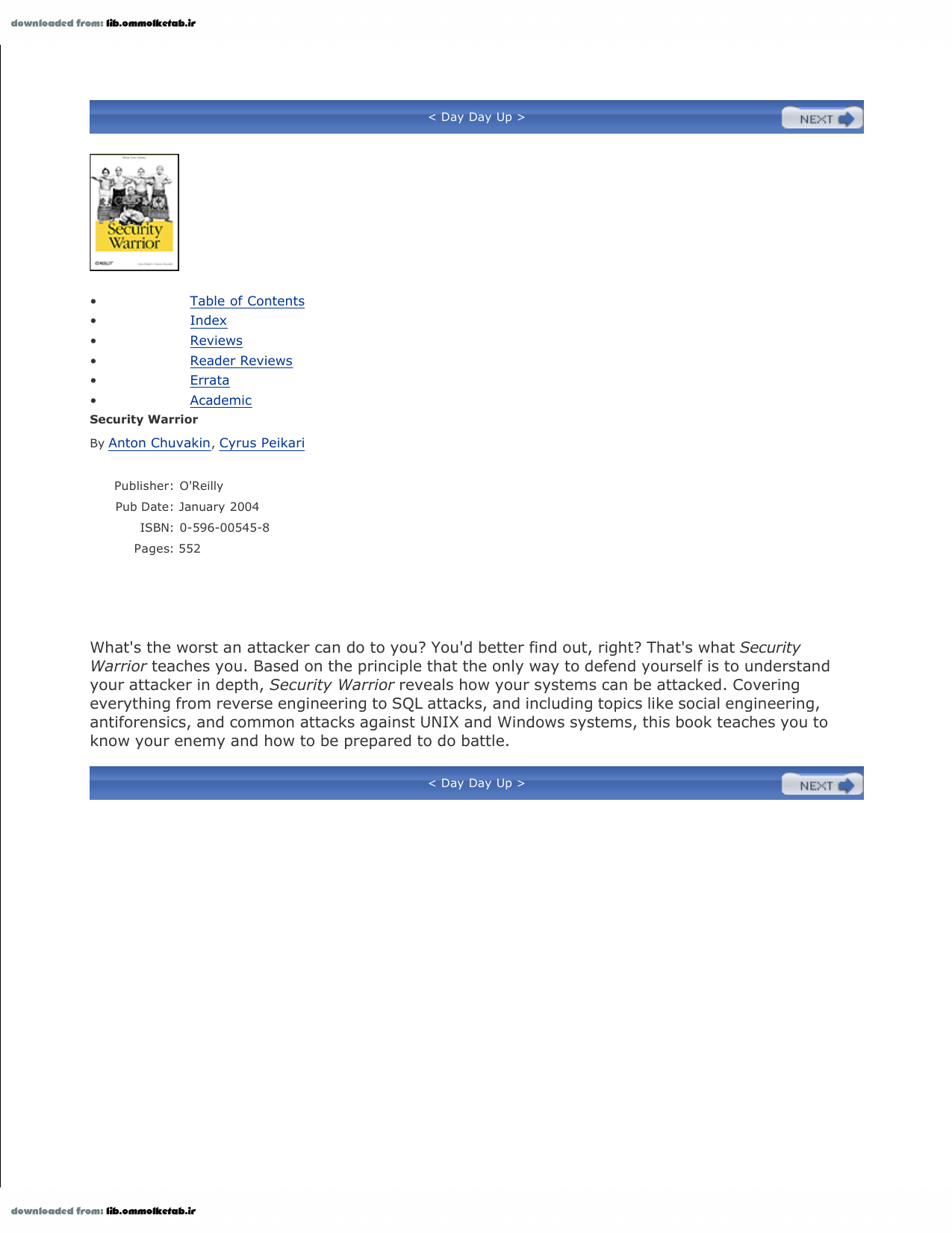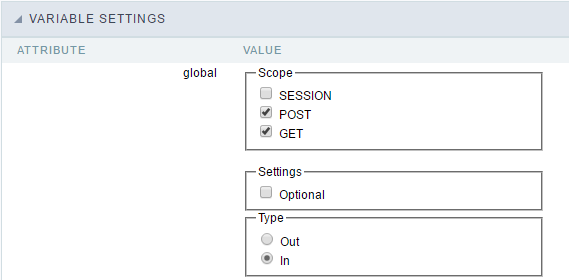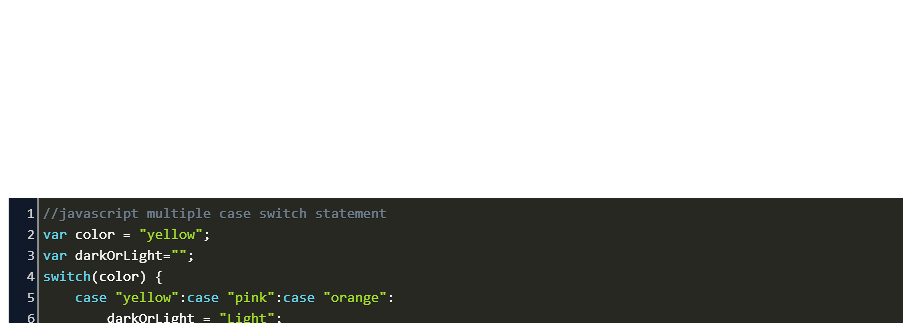

Script scopes are created when you execute a PS1 script or a module, for example. You can have many different script scope instances. Script ScopeĪ script scope is automatically created every time a PowerShell script runs. There is only one global scope that rules overall. For this reason, the common use of PowerShell global variables is to use PowerShell global variables between scripts.
PowerShell’s Global variables are everywhere. You can reference items in the global scope interactively on the console, in any script you run, and in any function. Items in the global scope are available everywhere. These items include system-created objects like PowerShell drives and also anything you have defined in a PowerShell profile since your profile runs at startup.

Items defined when PowerShell opens are set at the global scope. You can only add and remove items from these scopes defined below. When PowerShell fires up, it automatically creates four “buckets” or scopes for various items to be placed in. All scopes are defined by PowerShell and get created without any help on your part. At that point, you’re already using scopes without realizing it. When PowerShell starts, it automatically creates these “buckets” for you. It’s a place to collect all of these items together. Scopes affect the way PowerShell isolates variables, aliases, functions, and PSDrives between different areas. Chances are those variables are in another ‘bucket’ that’s not available at that time. Maybe you’ve wondered how certain PowerShell variables have values when you reference them in your console but don’t exist in your scripts. One reason may be the variable’s value is getting overwritten in another scope. Have you ever written a script where you define a variable and when you check the value of that variable, it’s something else? You may scratch your head at how that variable changed when you clearly defined it.
Scriptcase pass global variable to tab form code#
This allows your code to not only receive values, but also set values in that previous form. Note that the beauty of this approach is that you can thus read + use + set values from that previous form. In fact as a coding standard, MOST of my forms have a public function called MyRefresh. So not only can you shuffle values and data back and forth, but you can easily execute features and functions that you build in code for the prevous form. Or even things like some option to force the previous form to generate and setup a invoice number: frmPrevous.SetInvoice Functions declared as public in a form will become a METHOD of the form, and can be run like: frmPrevious.M圜ustomRefresh The above means any code has a ready made reference to the previous form object. So, simply declare a forms object in EACH forms code module (or at lest the ones where you need to use values in code). If you want to set the ID value, then go: frmPrevious!ID = some valueĪnd, note that you can even declare form previous as a PUBLIC variable for that form, and thus if you two forms deep, you could go: mPrevious!ID = some value So, if you want to force a disk write of the previous form, and re-load of data. Now, any code in our form can FREELY use code, events, even varibles declared as public from that previous form in code. Then, in the forms on-load event, we go: Set frmPrevious = Screen.ActiveForm

In other words, you can use a object approach here.Īt the forms module level, for form I declare a form object as: Option Compare Database In general when one form launches another form in the 2nd form in the forms on-open event (in fact, you can even use as late as the on-load event) you can pick up a reference to the PREVIOUS form object. So, use a object approach here and you find you not only write less code, but your code will be more clean, more modular, no need for global vars, and code you write can often be re-used between different forms. Keep in mind that each form in ms-access is really a class object that you can manipulate in code. For example, if you need to pass two values, what happens over the years when that requirement grows to 5 values? Trying to maintain and pass a whole whack of values is too much coding work. The best approach in these cases is not to attempted to pass a bunch of variables.


 0 kommentar(er)
0 kommentar(er)
